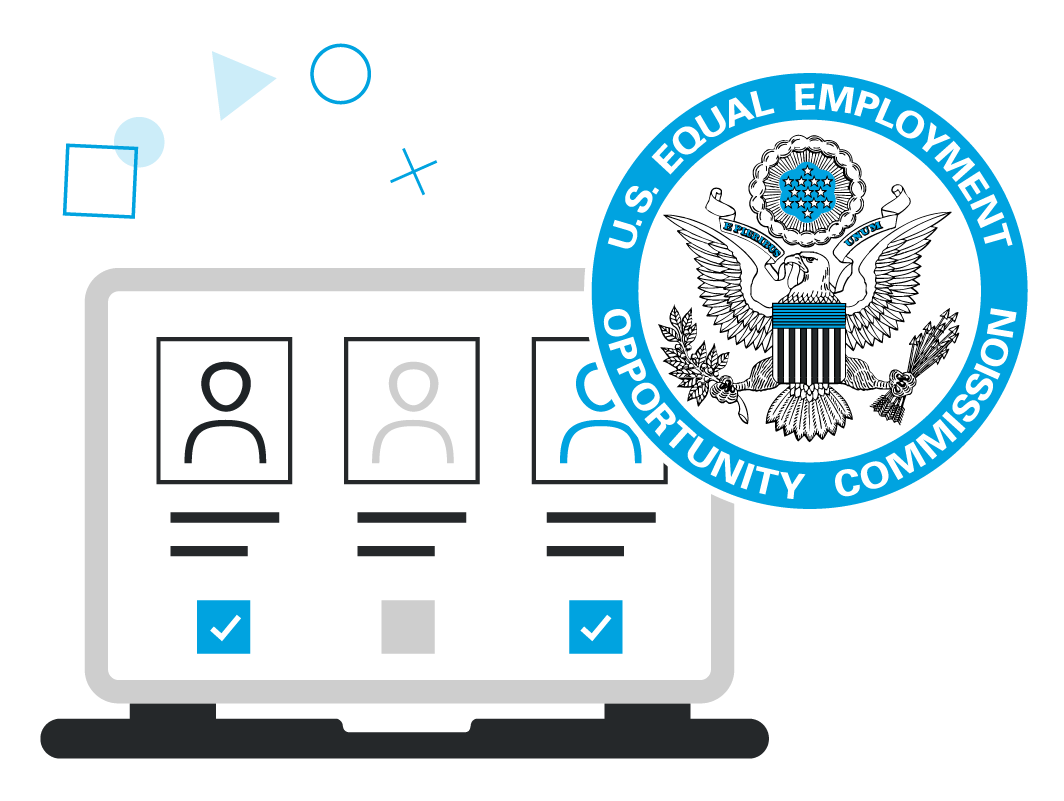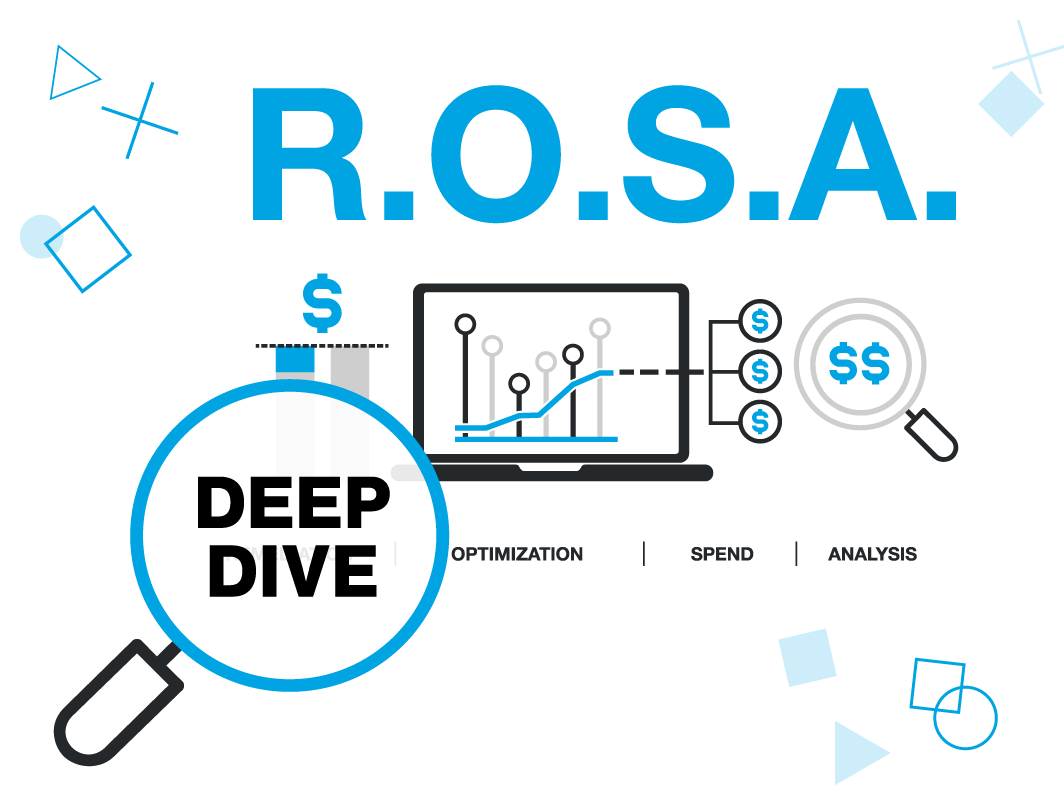
![]()
Two bills promoting equal pay for equal work are currently working their way through the Mississippi legislature.
The first, introduced by the state’s House of Representatives, HB 770, passed in its respective governing body in January. The most recent, SB 2451, proposed by the state’s Senate passed earlier this month. Both bills prohibit employers from paying employees less on the basis of gender and promote an equal work for equal pay model. Currently, Mississippi is the only U.S. state without these protections.
While the verbiage in the two bills is not identical, they carry the same sentiment regarding the state’s proposed Equal Pay Act. Specifically, they state that the Mississippi Equal Pay Act would “prohibit an employer from paying any of its employees at wage rates less than those paid to employees of another sex for equal work.”
In their current forms, the pay equity bills would only apply to organizations with more than five employees and only protect full-time workers. In addition, a woman who decides to bring forth an equal pay claim under either bill would forfeit their federal rights, according to a post by Mississippi Today.
Employers with operations in Mississippi should take note of the forthcoming pay equity legislation. Even though the specific requirements are not final at this time, one thing is for certain – employers will be prohibited from paying employees less on the basis of gender.
The proposed legislation marks a systemic change in Mississippi’s work culture, but, unfortunately, neither bill guarantees anything will change.
For example, neither bill includes a salary history ban, which is a proven measure for helping close gender wage gaps. That’s because salary history bans prevent employers from relying on job candidates’ previous earnings for determining new pay. Using previous pay information has been shown to perpetuate low salaries. Nearly half of all U.S. states have passed a salary history ban, either as a stand-alone law or as part of greater equal pay regulations.
Black Women’s Roundtable, a signature program of the National Coalition on Black Civic Participation has publicly criticized both bills for the lack of protections for women of color and for not including a salary history ban.
Executive director of the Mississippi Black Women’s Roundtable, Cassandra Welchlin, said in an interview, “We want lawmakers to pass a bill that would not widen the wage gap, and if either one of these bills come out, even if they collaborate, lawmakers will be working to increase the wage gap and discriminate against women’s wages,” according to a post by Bloomberg Law.
Other pay equity advocates, too, have spoken out about the shortcomings of the Mississippi bills, indicating that if passed in their current form, they could cause more harm than good. Andrea Johnson of the National Women’s Law Center said, “I’m not sure how many women would use it.”
While the debate continues to take place over the specifics of Mississippi’s Equal Pay Act, the larger theme here is that it’s finally happening in the last U.S. hold-out state. These are very important discussions and they further emphasize the rising demand for pay equity.
Given the current political climate, it is likely that the bills will be revised to further meet the demands for equal pay for equal work.
Employers watching from the sidelines should explore their own pay equity policies. The topic has taken a white-hot spotlight this year and is happening on a national level. Ensuring you’re a fair-pay workplace will not only increase business performance and employee retention but also help in the search for new talent.
Best practices encourage you to undergo a proactive pay equity audit. This will help you identify any discriminatory pay disparities and help you improve your workplace culture.
If you’re interested in learning more about pay equity, download the research report we recently sponsored, Creating a Culture of Diversity, Equity, and Inclusion, conducted by Harvard Business Review.




